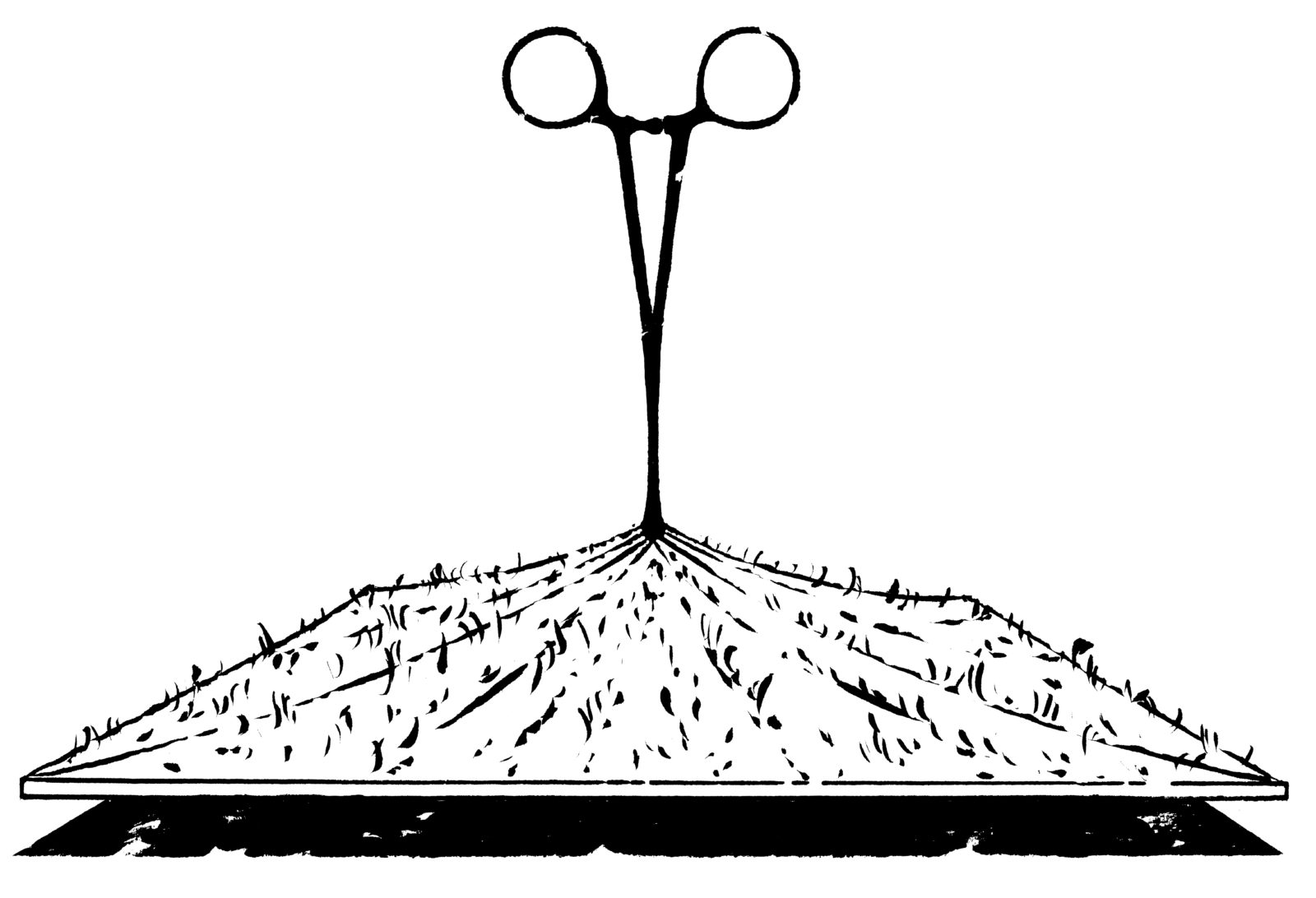- Gesa Geißler
- Sabine Höhler
- Natalie Jeremijenko
- Adrian Lahoud
- Herbert Lohner
- Ioan Negrutiu
- Jean-Louis Weber
Seminar: Valuing Nature
A culture of deficit, a cryptically subsidized economy, and a highly problematic territorial management of resources highlight some of the major contradictions of our present time. The overexploitation of natural capital will of necessity lead to profound and unanticipated social and environmental changes, if we do not learn to “value nature” via resource-management practices and the forging of accounting tools in conjunction with normative legal instruments. But is the equivalence of natural and financial capital adequate?
Read MoreIllustration by Benedikt Rugar
Prologue
Can we understand nature’s value economically? What happens if we put natural systems in competition with our social systems? Sabine Höhler and Ioan Negrutiu question the anthropocentric perception of nature as a source, and examine the dangerous effects of a “business-as-usual” scenario. Who will be the first to suffer?
Résumé
About the Following Contributions
In contrast to ecosystems, which tend towards equilibrium and create no waste, social systems build up deficits, are vulnerable to stress, and produce waste. Valuing nature so as to imagine zero socio-ecosystemic debt societies, and distinguishing between price and cost issues, therefore, is of utmost urgency in the Anthropocene.
The paper “From valuing nature to reclaiming resources,” by Ioan Negrutiu and colleagues, frames an exercise in argumentation this way: assessing our resources and permanently accounting for their usage and allocation are imperative for imagining and designing societies that are socio-ecosystemically resilient. In this way a vision of a resource-centered “slow/soft” Anthropocene is emerging, a practical application for which is appended to the paper. A second exercise executed during the seminar, which focused on Berlin-based actors, sought to understand how society engaged with the transition process. In this context, Herbert Lohner expands on robust mechanisms for effective sustainability strategies in the achievement of sustainable development targets in the city of Berlin.
Environmental responsibility begins with properly quantifying the human impact on ecosystems and then making use of the metrics of nature-valuation to preserve high-quality life-supporting systems in the long term. This is indeed feasible, because quantitative and modeling tools are more available today than they were in the past. Yet, in the past, understanding nature’s value in an economic sense became the common instrument for balancing the human impact. This is illustrated by Sabine Höhler’s presentation, “Taking Nature into Account—Historical Perspectives and Paradoxes,” which discusses how in the Age of Enlightenment, scientific and economic practices merged to represent the perfect order of nature and state.
Finally, an artistic approach to an alternative “cultural-shift” scenario is presented in Natalie Jeremijenko’s project “Tree X Office.” If the human capacity to own property bestows political agency, independence, and even personhood upon the owner, what would happen if a tree is given this same capacity?
- contributionIsadora Neves Marques, Mariana Silva
Biosphere 2: The Mars Project
2027 once was the year when the first manned space-travel mission to Mars were planned. This film recalls the past of this mission: Biosphere 2, a closed self-sustaining environment experiment held in 1991 in the Arizona desert.
Film, Experiment, History, Speculative, Space travel
- contributionNatalie Jeremijenko
Tree X Office
If the human capacity to own property bestows political agency, independence, and even personhood upon the owner, what if a tree is given this same capacity?
Human-environment relations, Speculative, Species, Knowledge infrastructure
- contributionSabine Höhler
Taking Nature into Account—Historical Perspectives and Paradoxes
The history of forestry management in Germany shows how economic and scientific practices merged to represent the perfect order of nature and state.
Film, History, Epistemology, Economy
Contributors
Anna Baltschun
Anders Bjørn
Jeremy Bolen
Francois Bucher
Seth Denizen
Chirag Dhara
Tom Fox
Gyorgyi Galik
Kathrin Keil
Christoph Küffer
Andrea Leon Parra
Susanna Lidström
Jonas Loh
Mahrizal Mahrizal
Enrico Giustiniano Micheli
John Moran
Andrea Pavoni
Helge Peters
Marc Schleunitz
Annegret Schmidt
Isabell Schrickel
Julian Schubert
Emily Eliza Scott
Jorg Sieweke
Zev Trachtenberg
Marija Uzunova
Hanna Vikström
Thilo Wiertz

